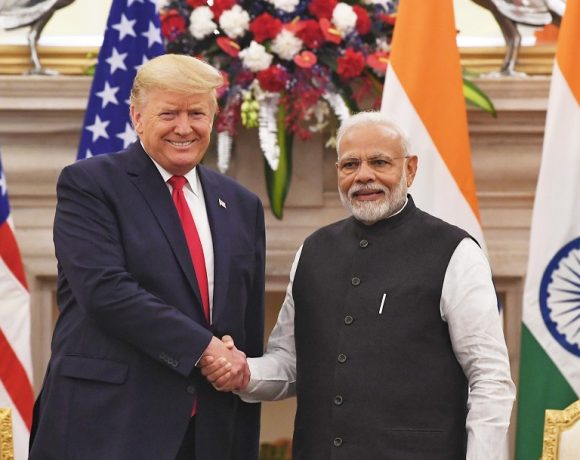
After Iran, Israel’s Focus May Shift to Pakistan’s Nukes: Meir Masi
In a statement that could have far-reaching geopolitical consequences, former Israeli intelligence official Meir Masi has suggested that once Iran’s offensive capabilities are neutralised, the focus of international security efforts “may shift to dismantling Pakistan’s nuclear program.” Masi’s remark, though not official Israeli policy, signals the emergence of Pakistan as the next flashpoint in global non-proliferation concerns.
Masi, who previously served in a senior capacity in Israel’s security establishment, made the comment in a private forum discussing the strategic aftermath of the Iranian missile campaign and Israel’s retaliation. He characterised Pakistan’s nuclear arsenal as “the last uncontrolled Islamic bomb” and said that “the threat cannot be ignored indefinitely.”
Pakistan Nukes
The timing of this statement is significant. It comes in the wake of Israel’s bold retaliatory actions against Iran following direct missile strikes on Israeli territory. With Iran’s nuclear infrastructure reportedly degraded, Masi hinted that a broader doctrine of proactive nuclear disarmament could soon come into play—especially for states with weak civilian control over military and intelligence establishments.
Pakistan, a Muslim-majority country with a history of political instability, has long been viewed with suspicion by Western intelligence agencies over the security of its nuclear arsenal. Past incidents—including the infamous proliferation network run by A.Q. Khan and the close proximity of Pakistani nuclear sites to jihadist-infiltrated areas—have raised persistent alarms in global capitals.
Meir Masi
Masi did not suggest an imminent military campaign but emphasized the need for “collective international pressure” to bring Pakistan’s nuclear program under verifiable civilian oversight or dismantle it entirely. He expressed concern that the “ideological influence of the Pakistani military” and the growing radicalisation in certain regions could make the nuclear deterrent vulnerable to rogue access or use.
Iran strike
According to Masi, Israel’s military and diplomatic campaign against Iran has “redefined what is acceptable in terms of preemptive nuclear deterrence.” He argued that the global community should now apply the same standard to other volatile regions, naming Pakistan explicitly as the “next logical focus.”
While the Israeli government has not endorsed Masi’s view, his statement has already stirred unease in Islamabad and diplomatic circles. Pakistani officials have repeatedly warned that any talk of nuclear disarmament will be viewed as a “red line,” especially when floated by foreign officials or regional adversaries.
As tensions escalate across multiple fronts—from Iran to South Asia—Masi’s comments reflect a shifting strategic doctrine: one that no longer views nuclear status as sacrosanct when paired with instability, terrorism, or ideological militancy.


















